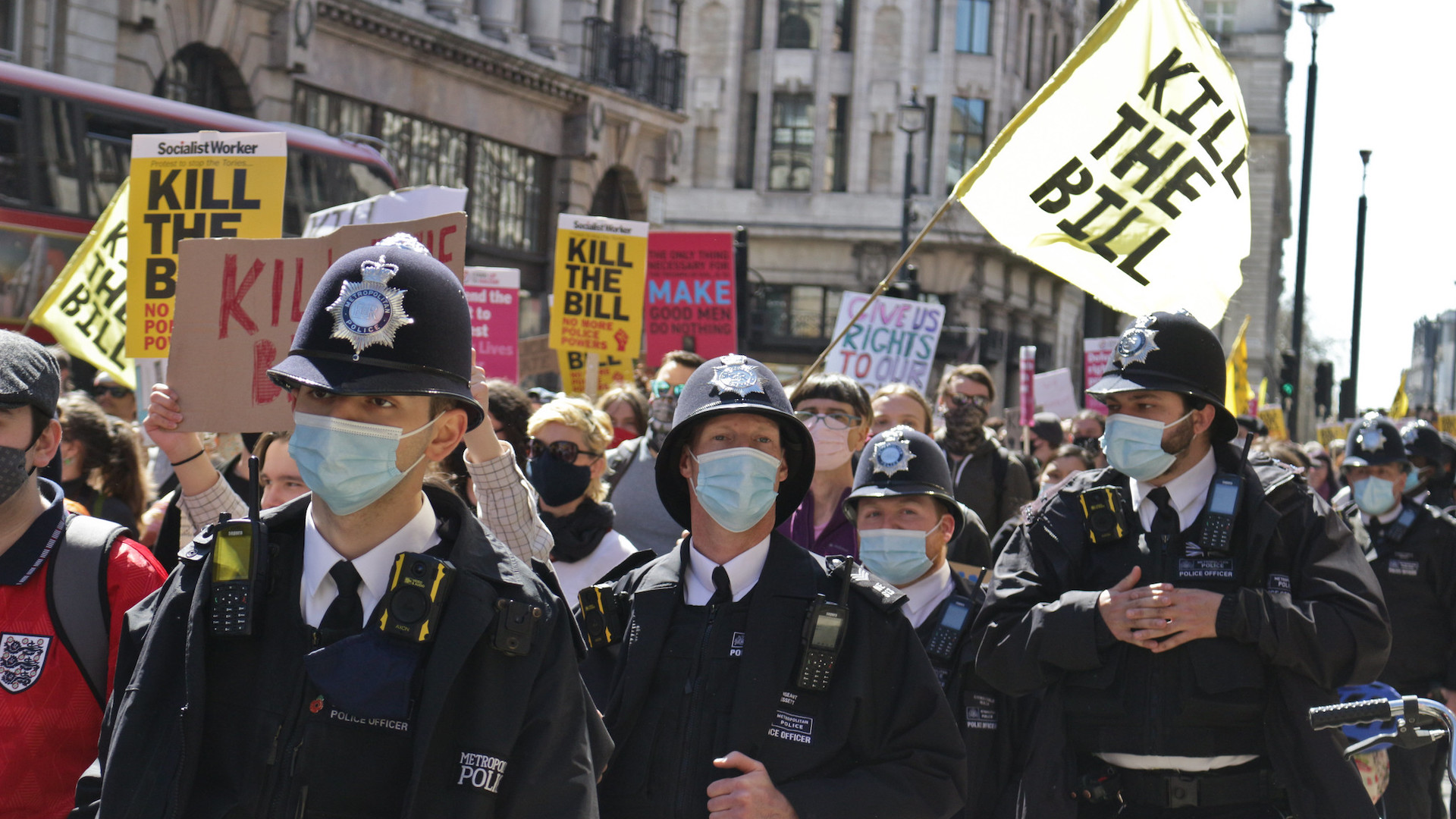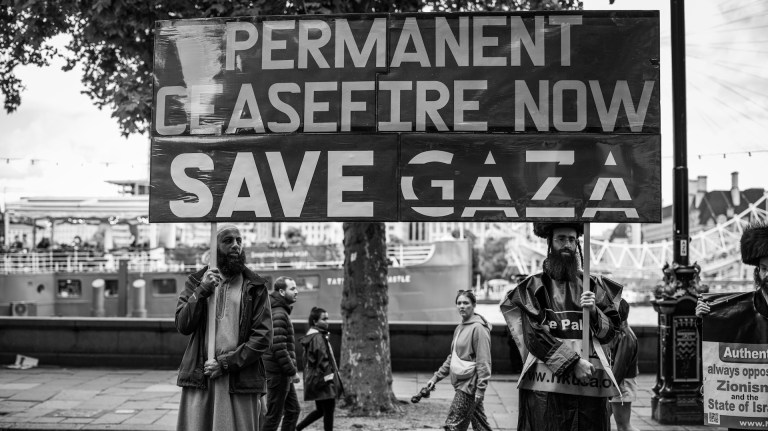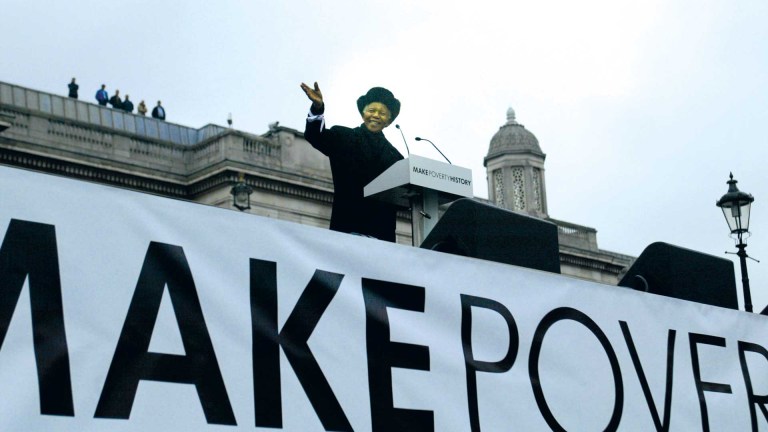Lawyers warned the Government the proposals in the bill, dubbed “draconian” by opposers, “clearly violate international human rights standards”.
But instead of scaring people away from protests, Sutcliffe said, Patel has created a “common enemy” for people committed to social and environmental justice.
“There has been a lot of relationship building between movements,” she told The Big Issue. “We’ve seen the protests take on a different flavour in different cities. Bristol has attracted quite a lot of the traveller community and young people, whereas in London there have been a lot of the black activist groups coming together.”
Government attempts to criminalise protesters instead of dealing with the matters at hand could force a significant shift in public mood, according to Sutcliffe.
If you criminalise organisers, you end up with more chaosAnneka Sutcliffe
“They’ve just released a report saying that systemic racism isn’t real. It’s remarkable to me that they haven’t understood the pattern of social movements seen in the past, and instead of tackling the problems people across the country are worried about, they do the opposite.
“You’ll get the public going, ‘wait a minute. This is all upside down. They’re putting people in prison for just caring about the planet or class issues or the treatment of Black people.’”
Advertising helps fund Big Issue’s mission to end poverty
Today’s Kill the Bill demonstrations are coordinated by a coalition of activist groups including Sisters Uncut, Black Lives Matter UK, Disabled People Against Cuts and Docs Not Cops. But for groups like Extinction Rebellion, which liaise with the police about their plans to ensure safety on the streets, the bill poses a threat to their efforts to keep both protesters and police safe.
“If you criminalise organisers, then you no longer have that prioritisation of safety. You end up with more chaos,” she said.
There are two key moments in the legislation’s future trajectory where Kill the Bill demonstrators must put pressure on the Government to throw it out, according to Sutcliffe: this summer, when it returns to Parliament, and when it makes its way to the House of Lords later in the year.
“That’s when we need to push MPs to act, particularly any Conservative MPs who might vote against it,” she said. “In a lot of ways, the bill is not traditionally conservative. It’s far-right and oppressive.
“But this will be right before COP26, which is our biggest chance to turn the climate crisis around. And the Government could be procrastinating by talking about criminalising protesters just before COP, when we need to secure the survival of human rights. It’s ridiculous.”
Extinction Rebellion is holding a global day of action, the Rebellion of One, which will see single protesters block roads alone to demand urgent action on the climate crisis. Even this small-scale action is put at risk by the policing bill, which includes powers for authorities to put conditions on and shut down individual demonstrations.
Advertising helps fund Big Issue’s mission to end poverty
But the solidarity building between movements across the country through Kill the Bill action is reason to be hopeful about the future of UK democracy, Sutcliffe said.
“Everything we’re doing and which other groups are doing, it’s part of the long game,” she told The Big Issue. “There are a lot of young people in particular getting involved in the process right now, and they’re very caught up in this emotional whirlwind of feeling so oppressed and so enraged by the actions of our government.
“But when you kind of take a step back and look at things that happened in history, and how social movements have been treated in the past, it becomes clear that we’re on the long road. It’s like that famous quote. First they ignore you, then they laugh at you, then they fight you, then you win.
“We’re in the fight stage now. We’re getting closer to change.”










